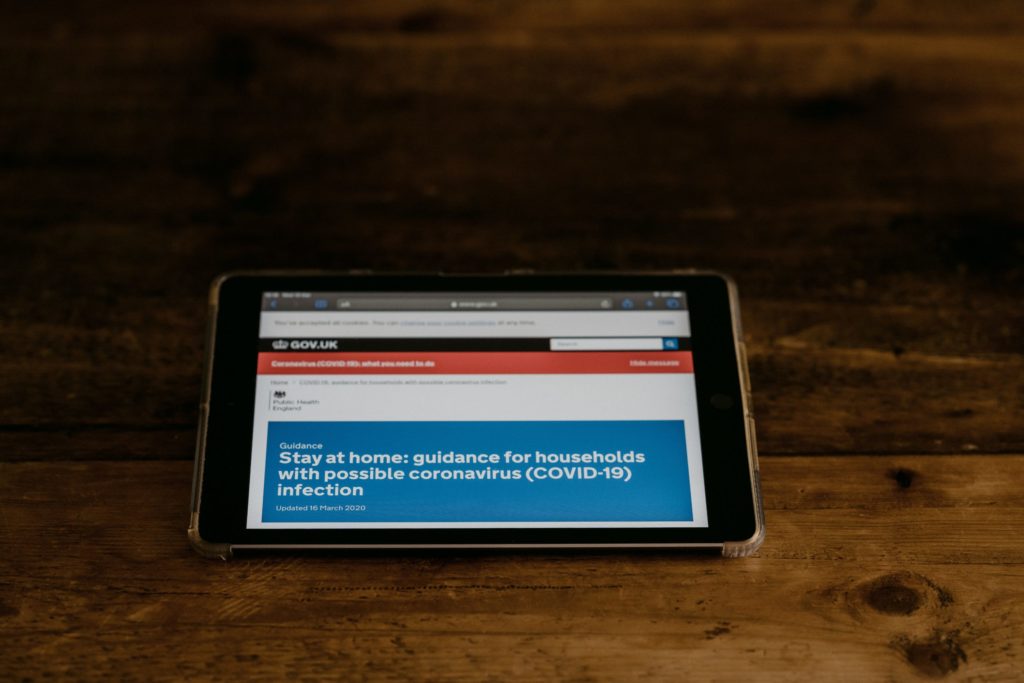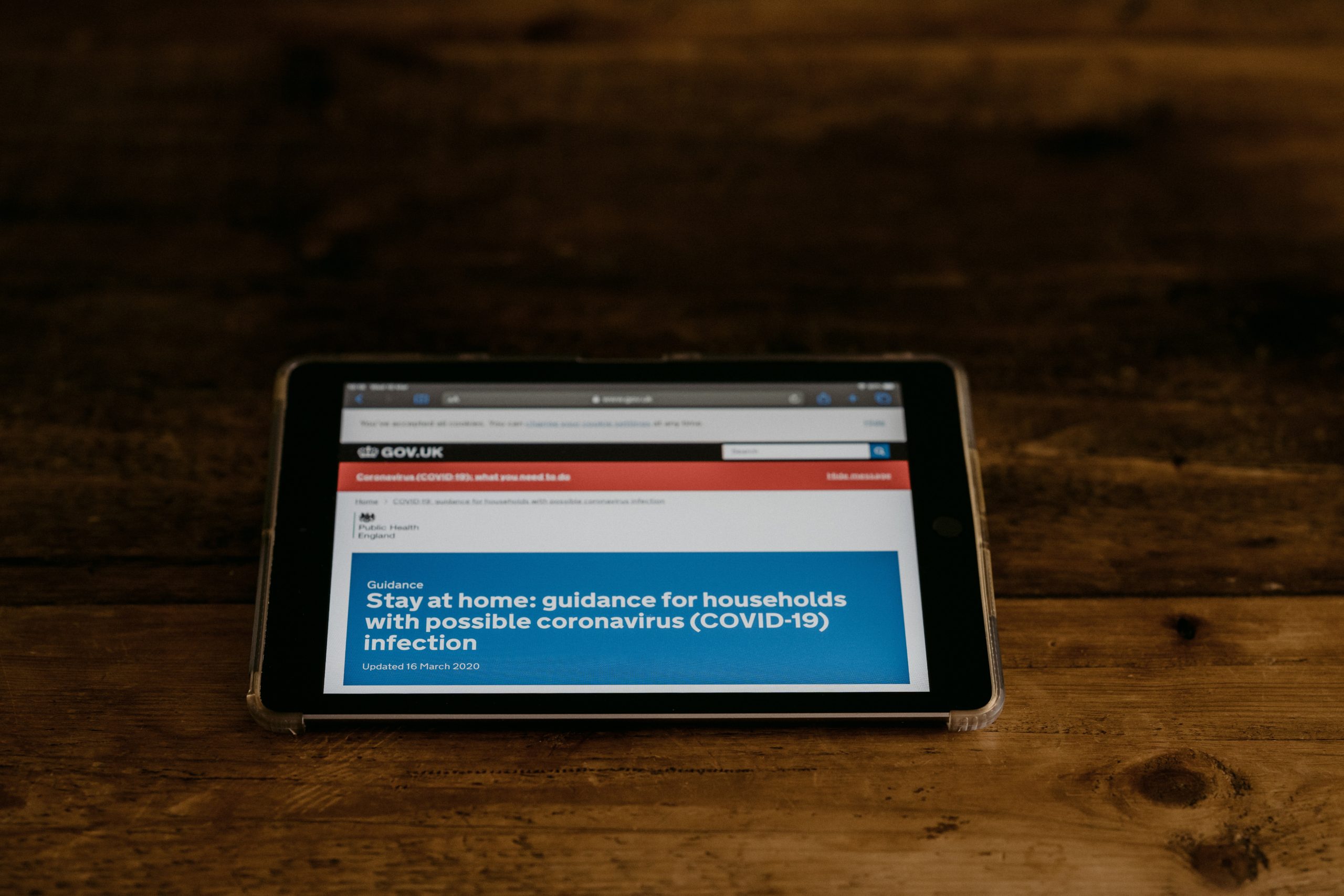This article originally appeared on the NHCOA blog.

As the COVID-19 pandemic continues and cases increase, many people are continuing their coronavirus treatment and recovery at home. Whether the person has symptoms or has been diagnosed with COVID-19, certain measures need to be taken to protect the health and wellbeing of patients and those living in the households with COVID-19 positive patients.
Below are recommendations for actions you can take at home:
Caregiving at home:
- Caregivers and people who are infected with COVID-19 should wear masks when they are in the same room, and any time they need to leave their homes (even when visiting doctors’ offices or clinics).
- If possible, people who are infected with COVID-19, should have access to a private/unshared bathroom and shower. If this is not possible, the bathroom should be cleaned and disinfected before and after each use.
- People who are infected with COVID-19 should avoid unnecessary contact with other household members. If possible, they should remain isolated in a private room
- Trash cans should be lined or sealable plastic bags should be used for disposal of contaminated items.
- All shared spaces should have a good airflow via a window or a door. Avoid contact with others in enclosed or small spaces without proper ventilation
- Wash all the dishes, cups, cutlery and other cooking utensils used by people who are infected with COVID-19. Make sure to use gloves, soap and hot water when washing these items and dispose of gloves right after. Also clean any sponges or rags used to was in a bleach/water solution. Wash these dishes separately to avoid contamination of the other dishes.
- Do not share personal items such as phones or other electronics, bed linens, towels, hygiene items, etc.
- Clean and disinfect high-touch surfaces and frequently used items every day: this includes tables, door handles, light switches, among others.
- When another person enters the room designated for the person who is infected with COVID-19, everyone should wear masks and keep a distance of at least six feet apart. When leaving the room, wash your hands and disinfect everything, change clothes and wash what you were wearing immediately.
- Limit physical presence with any person who is infected with COVID-19, including limiting their interaction with family pets. The surface of animals’ bodies can carry the virus just like our hands.
Monitoring symptoms
- Make sure the person who is infected with COVID-19 follows all recommendations provided by their doctor. Do not self-medicate or use treatments that have not been previously approved by a health professional. Receiving wrong medications can increase health risks and could cause unnecessary side effects.
- Make sure the person who is infected with COVID-19 stays hydrated and gets enough sleep.
- A person who is infected with COVID-19 must have access to a cell phone or any electronic device that ensures constant communication with other people in the home and if necessary, their doctor or health care provider.
- It is advisable to always have the number of your family doctor accessible. In case of medical emergency, call your local emergency number for immediate medical attention.
What to do if you are a caregiver who tests positive for COVID-19
- Stay home and monitor yourself for COVID-19 symptoms.
- If you are a family caregiver, stop rendering care and find alternative means to care for your loved ones.
- Keep yourself at home for at least 14 days after the last contact with a person who is infected with COVID-19. Get retested for COVID-19 before resuming caregiving tasks.
It’s necessary to emphasize that these recommendations do not replace or invalidate other measures or protocols that have been provided by local, regional or global health authorities. You cannot diagnosis yourself with COVID-19, the only way to truly know if you have been infected is to be tested at an approved COVID-19 testing site.
When to Seek Emergency Medical Attention
Seek professional care immeditately when a person shows any of these symptoms:
- Trouble breathing
- Persistent pain or pressure in the chest
- New confusion
- Inability to wake or stay awake
- Blue lips or face
*Please call your medical provider for any other symptoms that are severe or concerning to you.
The opinions expressed in this article are those of the author and do not necessarily reflect those of the Diverse Elders Coalition.

